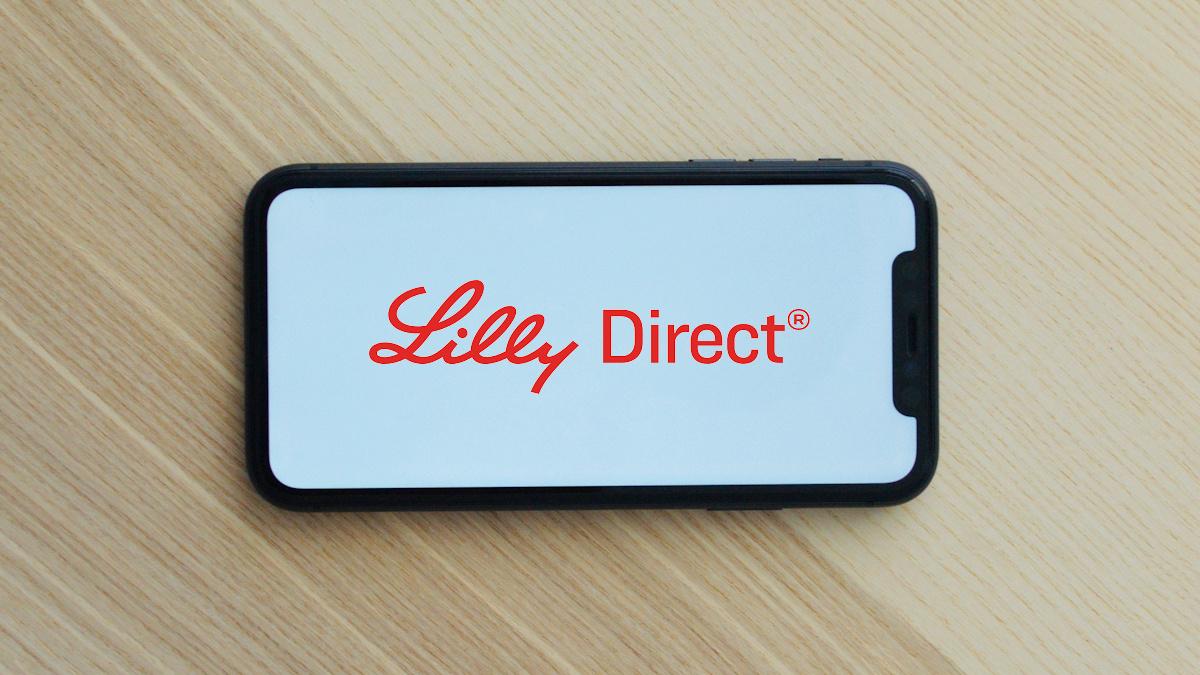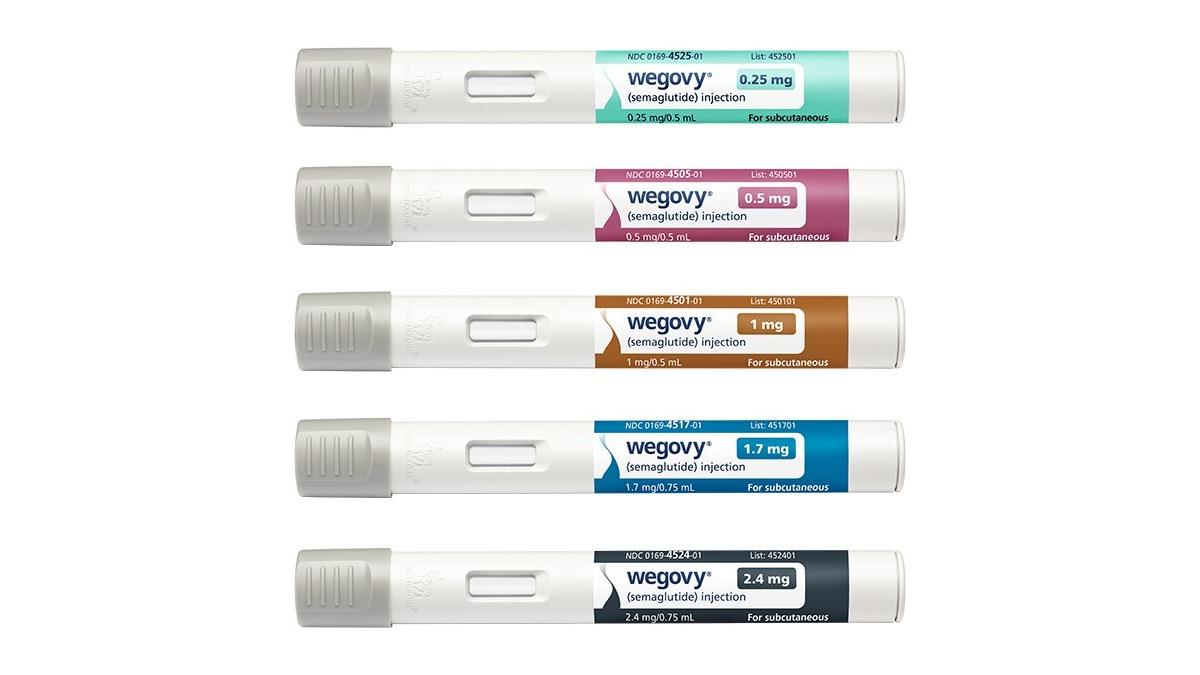Lilly adds Alzheimer's to its DTC platform LillyDirect

Eli Lilly's direct-to-consumer platform LillyDirect has been expanded to include in-person and telehealth services for people in the US living with Alzheimer's disease – although that won't include access to its recently approved medicine Kisunla.
The addition will mean that people struggling with memory loss or other cognitive issues will be able to use LillyDirect to access clinical assessments and, hopefully, reduce delays in diagnosis.
"We know that early diagnosis and care can make a big difference for people living with Alzheimer's disease," said David Hyman, Lilly's chief medical officer. "By expanding this platform, we hope to help patients identify and access additional independent specialty care capacity, which can coordinate with a patient's existing care team," he added.
The Alzheimer's track will revolve around a suite of digital tools, including various educational tools provided by Lilly, the doctor-finding service Healthgrades for in-person care, and the option of accessing Synapticure an independent provider specialising in virtually delivered neurodegenerative care.
Lilly launched LillyDirect last year, initially as a way for uninsured or under-insured people in the US to pay for access to its obesity therapy Zepbound (tirzepatide) and other medicines for diabetes, migraine, and sleep apnoea, receiving their drugs by mail-order. Since then, other big pharma groups – notably Pfizer and Novo Nordisk – have also set up their own DTC channels.
Kisunla (donanemab) would clearly not be an appropriate medicine for this type of access, given that it requires administration in an infusion clinic and close monitoring of patients to look for potentially life-threatening side effects.
Nevertheless, Lilly's addition of Alzheimer's to the platform is an indication of its willingness to expand in telehealth and – potentially at least – identify patients who may be eligible for treatment with Kisunla.
The company said that clinicians and people living with Alzheimer's have expressed the need to increase the capacity of healthcare systems in the US to diagnose and manage more of the nearly seven million Americans living with the disease.
The majority of those people have not been formally diagnosed, it continued, particularly if they live in rural and medically underserved areas.
"Nearly one in five Medicare beneficiaries drive more than 50 miles each way to see a neurologist," said Lilly. "As a consequence, it can take two years or more after the onset of symptoms for a patient to be diagnosed with Alzheimer's disease."












